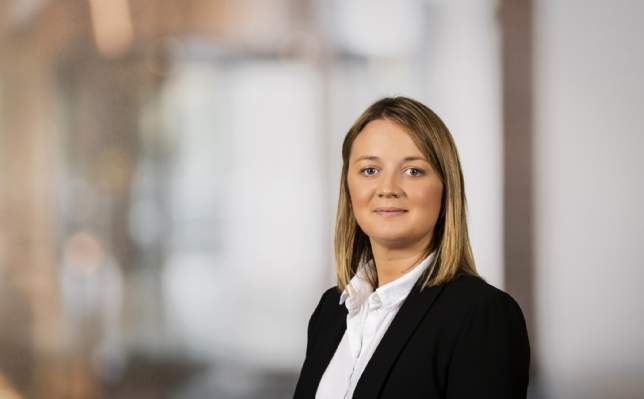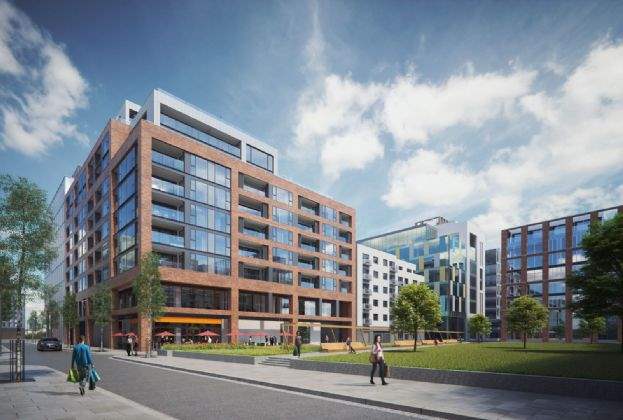Work-Life Balance
Advances in technology have resulted in an ‘always on’ work culture and, combined with the daily commute, and other responsibilities such as childcare, household chores and ‘life admin’, there is little time for recreation and rest.
However, a lot has changed since the 12th of March, when An Taoiseach Leo Varadkar announced measures to tackle the Covid-19 crisis.
As we enter week 8 of lockdown - and the frustration of being cooped-up at home takes toll - it is worth reflecting on the unexpectedly positive impact these measures have had on our work-life balance.
A recent survey by Savills and Pinergy revealed that, since mid-March, energy consumption is down by 30% in the morning and up to 20% in the evening, suggesting that we’re getting out of bed later - thus getting more sleep - and finishing work earlier, allowing more time for recreation - albeit within the confines of a 2km radius.
.jpg)
.jpg)


(1).jpg)
(1).jpg)
.jpg)
